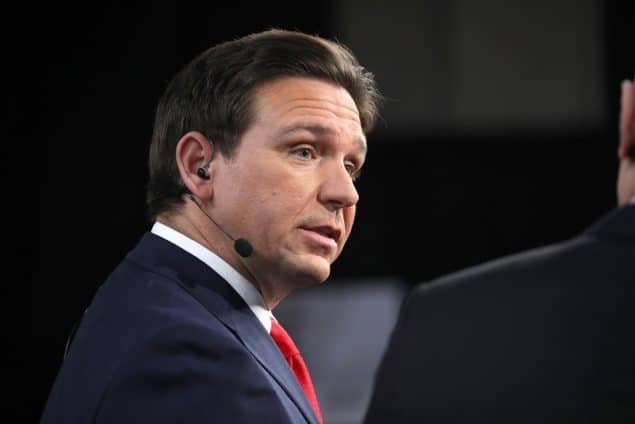Home » Business News • US business news » Florida Passes Bill To Restrict Social Media Use Of Young People
Florida Passes Bill To Restrict Social Media Use Of Young People
https://www.whatjobs.com/news/usa/us-business-news/florida-passes-bill-to-restrict-social-media-use-of-young-people

By Nithya Bose in Business News, posted February 26, 2024

The Florida Legislature has passed a bill to curb social media use among minors.
This legislation positions Florida as the first state to potentially prohibit people under 16 from creating accounts on popular platforms such as TikTok, Instagram, and others.
Governor Ron DeSantis, deliberating on whether to sign the bill, acknowledges the profound impact it could have on the state's youth.
This initiative could ignite legal challenges, echoing the fate of similar, albeit less restrictive, laws in Arkansas and Ohio, which the federal court has blocked.
It concerns infringing on the social media companies' freedom of speech and the minors' right to information access.
The bill, ratified on Thursday, February 22, mandates social media networks to deter under-16s from registering and deactivating any accounts believed to belong to this age group.
It encompasses platforms with certain characteristics, likely Facebook, Instagram, Snapchat, TikTok, and YouTube.
Previous laws in states like Utah, Arkansas, Texas, and Ohio required parental consent for minors under 18 or 16 to open social media accounts.
Legislation proposes near ban on popular apps
However, Florida's proposal introduces a near-total ban on some of the most frequented apps, further prohibiting the display of "patently offensive" sexual content to minors.
Looking to boost your online brand? Create your FREE business profile at WhatBiz? Here
Governor DeSantis said social media was a “negative net” for the youth but could be beneficial with parental oversight.
The bill has sparked objections from civil liberties groups and the tech industry, arguing it could severely limit young people's access to vital information and communication with peers and family.
This measure is part of a broader national concern over social media's impact on young users’ mental health and safety, leading to increased regulatory efforts across the political spectrum.
The federal Children's Online Privacy Protection Act already restricts under-13s from using apps like Snapchat and Instagram without parental consent, aimed at protecting their personal information.
However, state officials argue that the current system is easily circumvented by minors lying about their age, a loophole the Florida bill seeks to close by enforcing age verification for all users.
Follow us on X, LinkedIn, and Facebook














